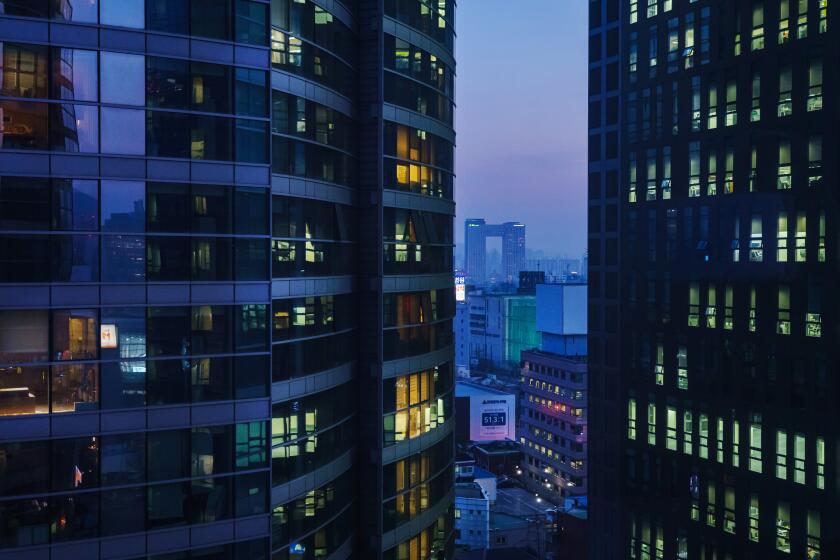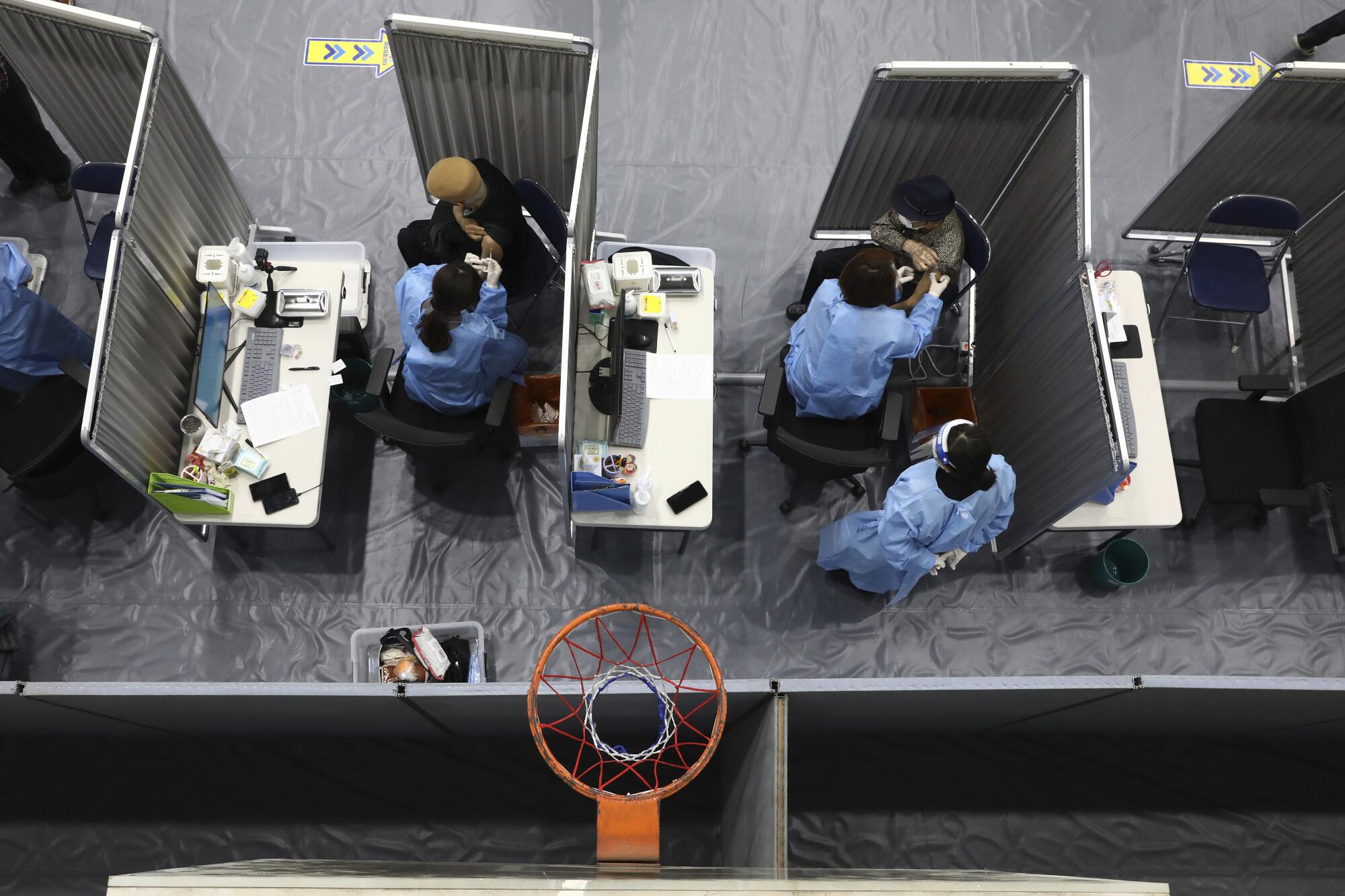
- Share via
SEOUL — The cellphone bill was coming due. The pricey medication for her chronic skin condition was running low. She’d already tapped the parental credit line, promising to pay them back in monthly installments.
In her bank account, less than 50,000 won — not quite $45.
A few months into the COVID-19 pandemic, most of the typical part-time gigs 23-year-old Lee Ho-jung usually relied on had vanished. Restaurants, bars and supermarkets were laying off workers. Applicants were flocking to minimum-wage jobs with limited hours.
So Lee turned to what has increasingly become a last recourse for young South Koreans in need of quick cash: enrolling in clinical trials.
“When I’m pressed for money, I find myself looking up trials,” said Lee, who last year was paid $400 to participate in a study for a topical dermatitis medication. She had also signed up for a second trial offering more than $1,500 involving a hospital stay, which was canceled because of the pandemic. “It’s good money for the time.”
Paying test subjects for the trouble and risk of swallowing, being injected with or bedaubed with drugs or other medical substances is accepted practice worldwide. In South Korea, though, clinical trials have become an easy hustle for college students, struggling freelancers and the unemployed. The trials pay better than dishwashing, require no skills and are far less backbreaking than loading and unloading boxes.
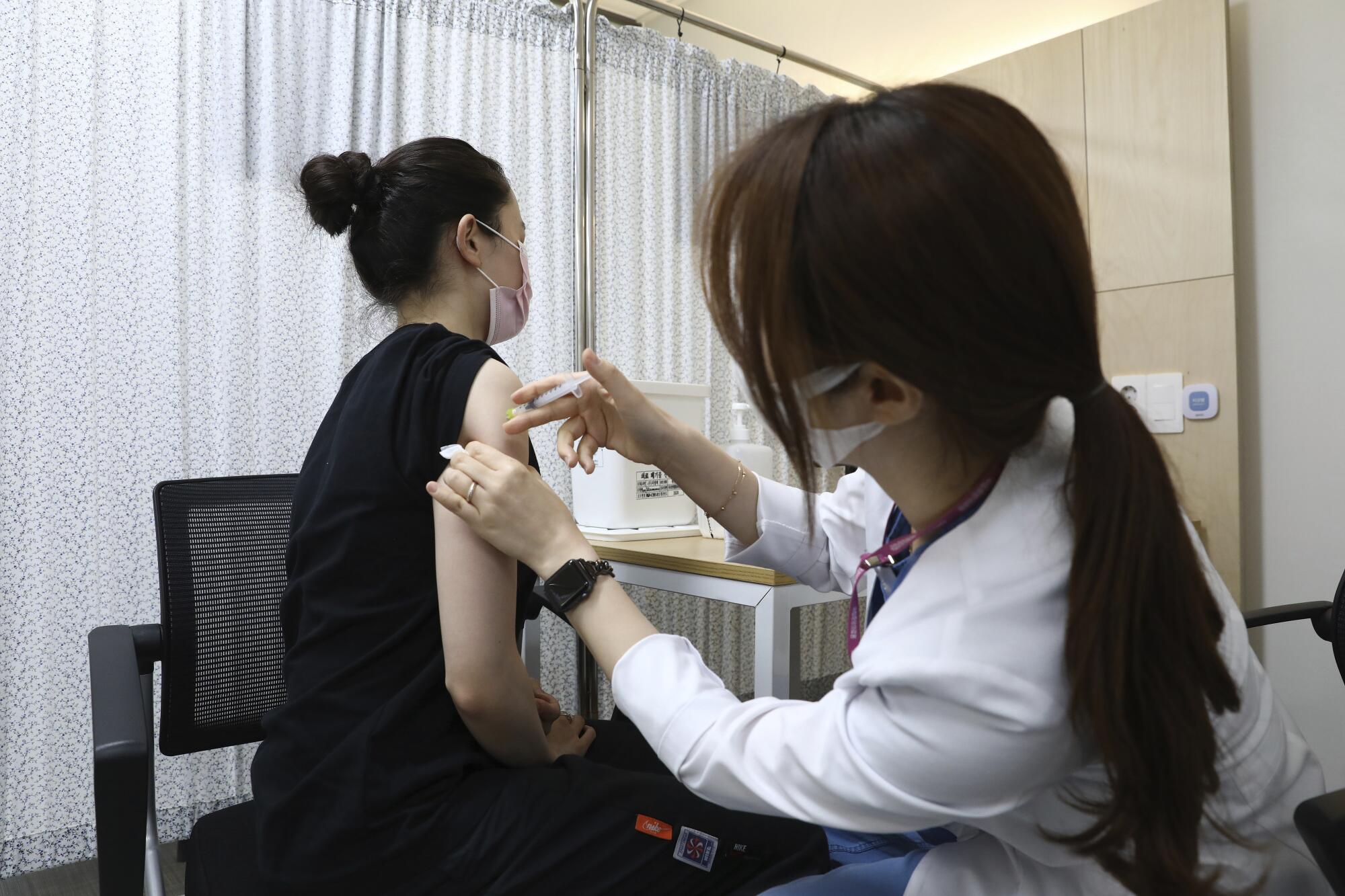
It’s an especially tempting gambit at a time when South Korea’s post-pandemic economic recovery appears to be bypassing the young, with youth unemployment inching up even as the job rates for the rest of the population are improving.
“You lie there for two nights, three days and have your blood drawn, staring at your phone, and you make money,” said Jeong Hyung-jun, a physician who is policy chair of the Korean Federation of Medical Activist Groups for Health Rights. “A lot of these people are in need of quick cash or unemployed. Of course they’re drawn to it repeatedly.”
The increased interest among the young in South Korea represents a shift from the long-standing wariness of clinical trials, which were once referred to as “Maruta” gigs after the code name of a secret World War II-era program run by the Japanese military involving human experimentation on Chinese and Korean subjects.
Over the last two decades, however, the South Korean government has sought to grow its clinical study industry and attract multinational pharmaceutical trials. Seoul has had the highest concentration of clinical studies of any global city from 2017 to 2019, with more trials than New York or Houston, according to the Korea National Enterprise for Clinical Trials.
In the U.S., a niche community has developed of professional guinea pigs who go from trial to trial, some managing to make a living by cobbling together several high-paying ones. In South Korea, even though the payouts are smaller, they’ve come to be indelibly associated with the desperation of the young.
Television dramas and movies have depicted hard-up young adults turning to such studies. In one called “Bioequivalence Romance,” an aspiring cop who has failed the police exam eight times undergoes a drug study and turns brilliant overnight — but later develops side effects. In another, a man in his 20s who signed up for a study paying less than $300 wakes up to find he’s turned into a half-fish, half-man.
Ads recruiting subjects for studies are plastered on subways and fill pages on job-listing sites. (“Sign up with a friend!” reads the chipper tagline of one recruitment site.) They promise opportunities for high-paying, short-term alba, as part-time jobs are known here, from the German word for “job,” arbeit. Many of them are for bioequivalence studies that test copies of off-patent drugs already on the market. Such studies come with lower risk and less oversight than clinical trials for newly developed drugs.
Jeong said even though the risk of serious side effects in bioequivalence studies is minimal, they made up an exploitative industry not unlike the now-outlawed practice of selling blood that was once a source of income for the poor.
“It’s humans being ground up in the manufacturing of copycat medications,” he said.
It was something Park Hyo-seop, 23, hadn’t considered until last summer, when he was discharged from his mandatory military service and found no part-time jobs available. A friend told him of showing up for an interview for a convenience store cashier position, and finding 30 people vying for the same job.
When he saw a posting online for a high-paying alba for about $2,650, he applied. A month of back-straining work at a warehouse had previously earned him less than $1,700.
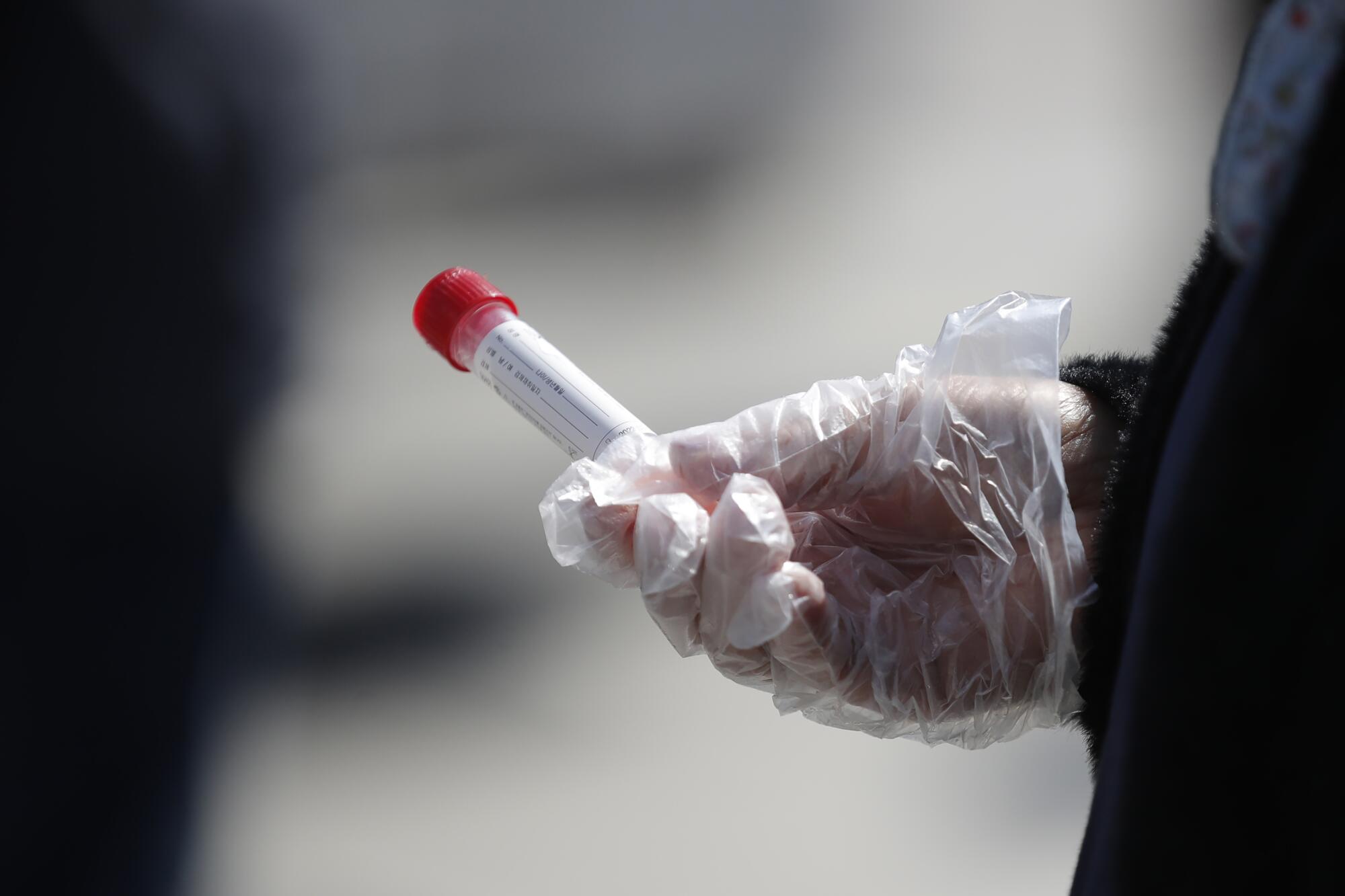
He was nervous about putting his health on the line, but was relieved when a doctor told him that hospital employees occasionally participate in the studies. He was hospitalized for nine days, injected with an arthritis medication and had his blood drawn daily. He lied to his parents, telling them he was going to another city to do some temp work for a friend’s family business.
Many study participants were young, but there were also middle-aged men whom he overheard saying they’d been laid off from their jobs, Park recalled.
“It seemed to be people desperate enough to sacrifice their bodies for the money,” he said.
When Kim Tae-kang, now 36, first showed up for a drug study as a college student, the test center had been relocated to a dingy motel because the hospital was being renovated. When some of the participants wanted to quit, those running the test pressured them to stay, threatening not to pay them in full and blacklist them from future studies, he recalled.
During his college years studying playwriting, he took part in five studies, taking medication for blood pressure, skin infections and even a feminine disorder.
“Tuition was so expensive, it gave me breathing room,” said Kim, who received $500 to $700 for each study, which typically involved being hospitalized twice for two nights each.
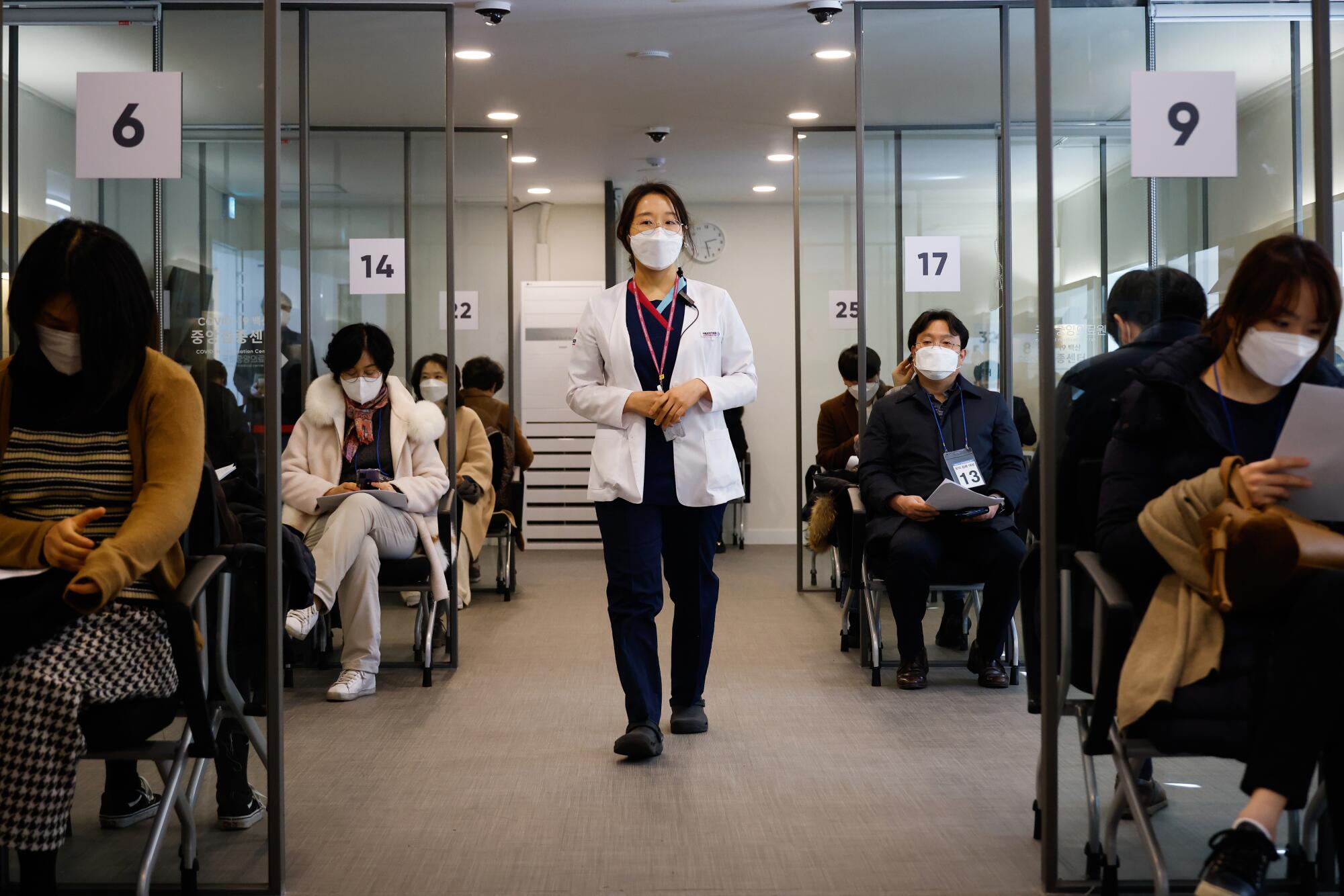
Years later, in 2018, he wrote a play based on the experience, titled “Morumotu” — “Guinea Pig.” As he was working on it, many struggling actors on Daehak-ro, Seoul’s theater district, told him they’d done drug trials for money.
“Some seemed to view it as young people seeking an easy path, but I wanted to tell the story of the society that isn’t able to provide them with worthwhile employment,” he said.
Kim Nam-hee, a clinical professor at the Seoul National University School of Law, said recruiters targeting those in financial distress raised ethical questions about whether subjects feel free to withdraw from the study if they feel unsafe.
“It’s taking advantage of the subject’s physical, economic vulnerability, for minimal compensation,” she said. “It’s the pharmaceutical companies that reap the benefits. Structurally, there is an ethical problem.”
After taking part in about 10 studies over the last decade, Terry Choi, 30, knows the drill. No smoking or drinking. Stay seated or lying down because of the risk of fainting from the blood draws, which can be as frequent as once every half-hour or hour. Earplugs are key, to block out fellow participants’ snoring. Absolutely no grapefruit juice — it affects drug absorption.
Once he’d participated in one, he started getting calls and texts about others. One time, he used the money to buy a laptop. Other times, to pay for partying and booze. He took medications for blood pressure, degenerative arthritis and dermatitis, but steered clear of psychiatric medications. Other than feeling lightheaded and dizzy after a blood draw once, he never suffered any side effects.
With noise complaints in high-rise apartments surging amid COVID-19, exasperated South Koreans have turned to extreme measures to get back at their upstairs dwellers.
“You’re lying there like the wounded in a field hospital in a war movie,” he said. “It’s easy money in a short period of time.”
Lee, the 23-year-old with the chronic skin condition, recently found a job hawking buns at a supermarket three days a week. She occasionally browses listings for trials and hopes the $1,500 in-hospital trial resumes. She can sign up for a trial once every six months under Ministry of Food and Drug Safety regulations.
“The listings are everywhere, and the sums are big,” she said.
Since graduating three years ago with a degree in fashion design, she’s applied for many jobs but has gotten little interest.
So in the meantime, it’s part-time gig to part-time gig — and the occasional pricks for pay.
More to Read
Sign up for Essential California
The most important California stories and recommendations in your inbox every morning.
You may occasionally receive promotional content from the Los Angeles Times.
